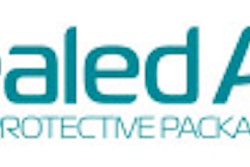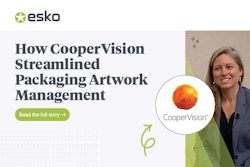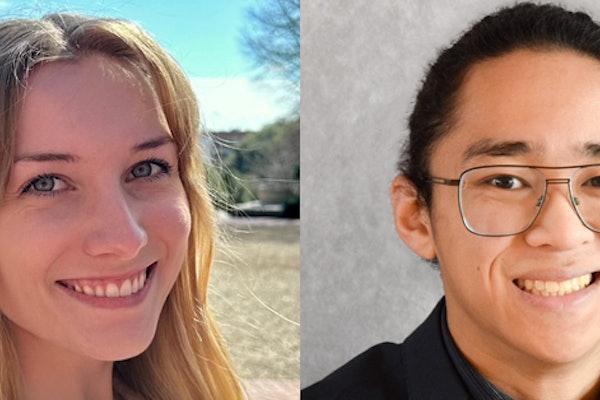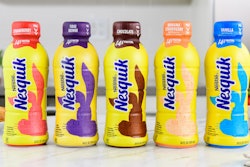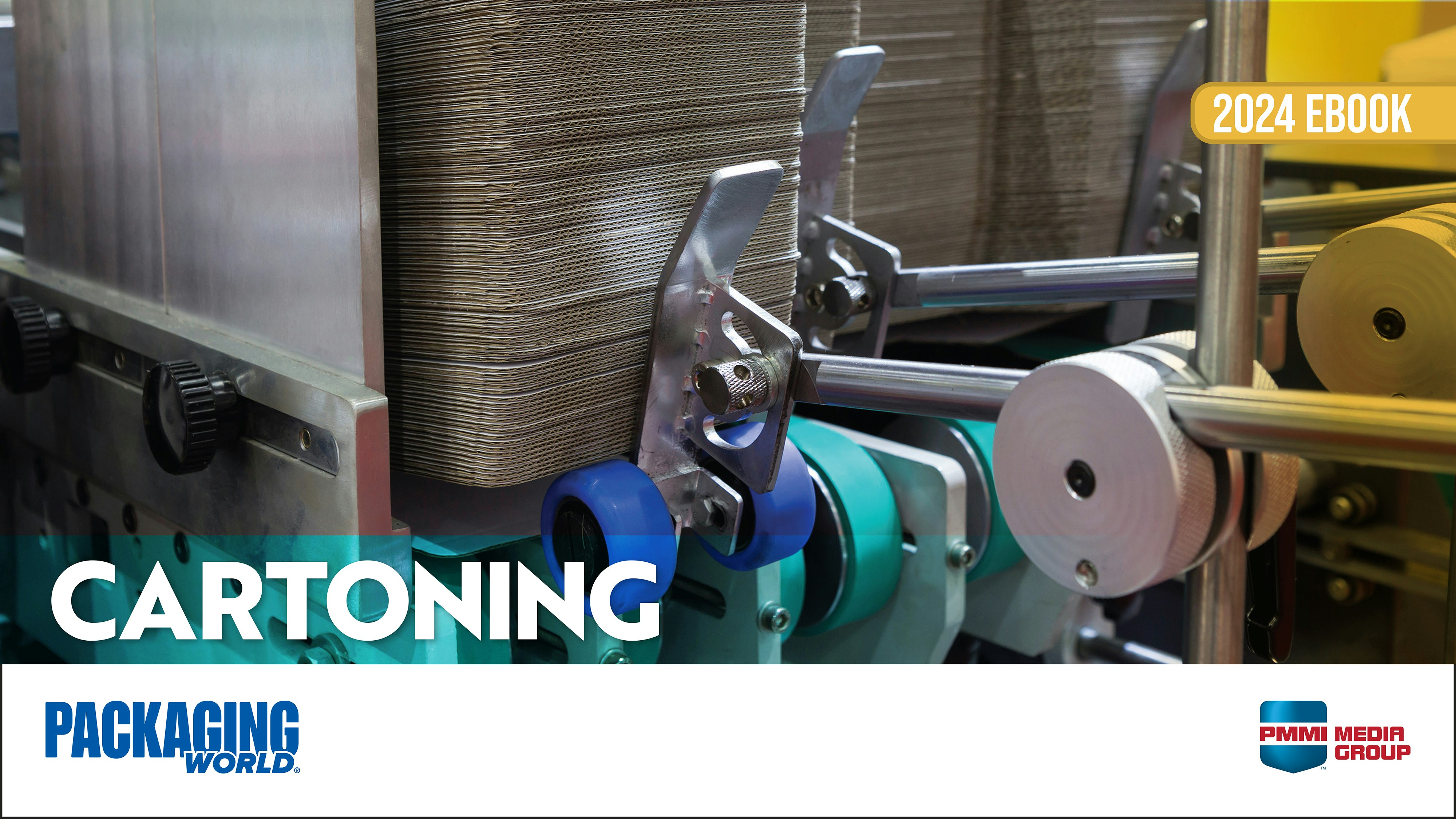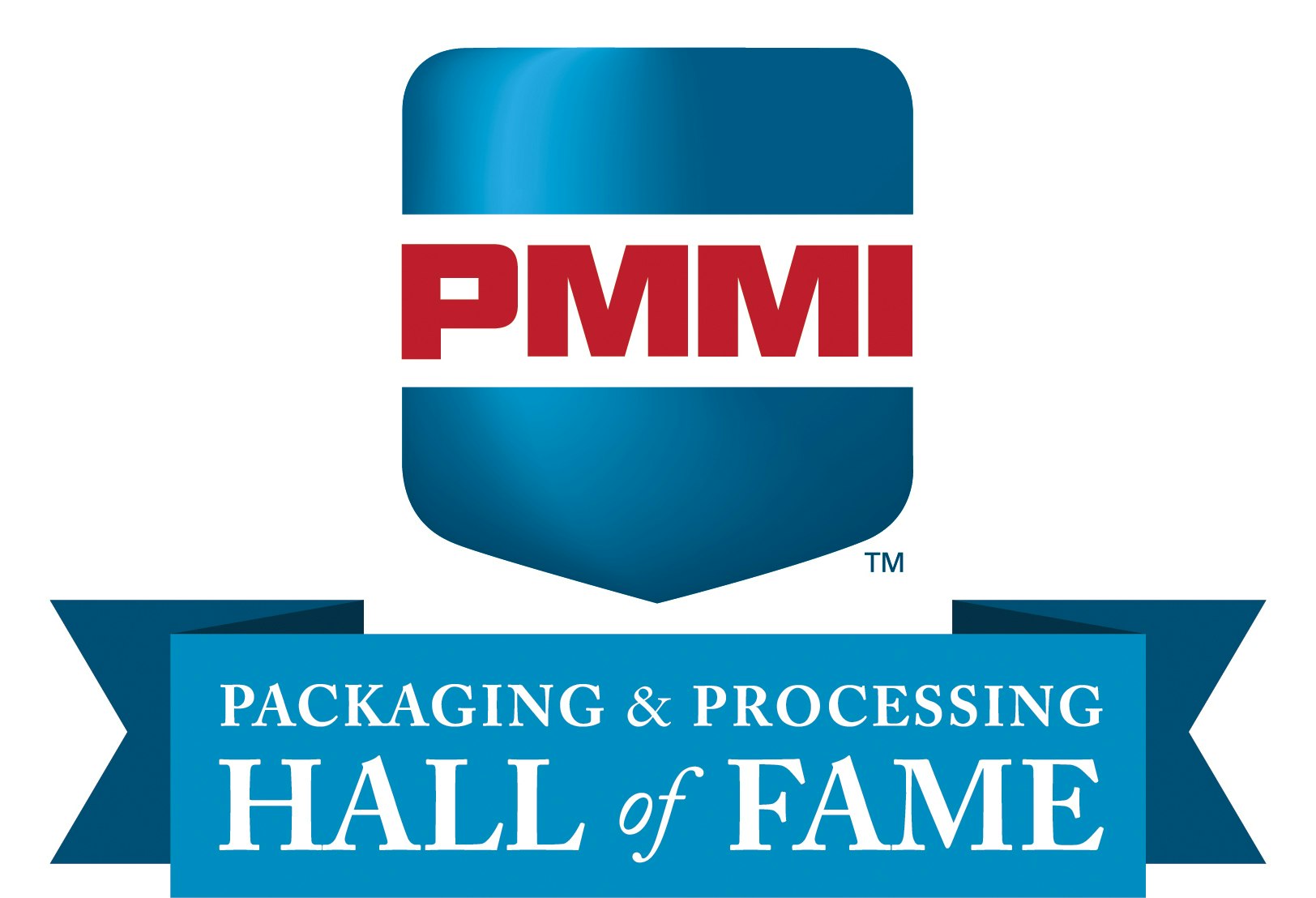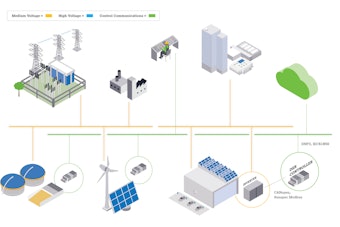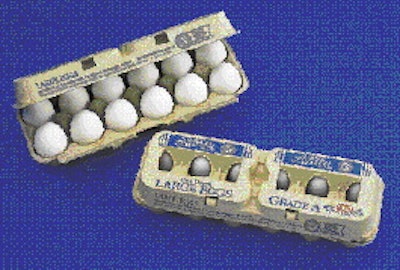
The 120-day notification option will help companies that want to use new packaging materials that are regarded as safe. Typically, suppliers submit a formal petition to the FDA containing reams of data on the materials that are used in the new package. It usually takes FDA a couple of years to evaluate the petition. But sometimes it's much longer, and those delays seriously affect both the packaging supplier and the manufacturer that wants to use the package.
The 120-day notification for packaging that employs safe materials would allow a company to use the new packaging 120 days after the supplier notifies FDA--unless the agency yells "stop!"
The Oct. 1 start-up date could be delayed, however, if Congress declines to provide a bare-bones $3 million in funding. It is already clear that Congress will not act this year on user-fee legislation, which would have raised the $6 million via payments assessed on packaging and chemical companies that submit 120-day notifications. For a number of reasons, both the industry and the FDA would prefer to fund the program through user fees, if an equitable fee structure can be worked out.
The sidetracking of user-fee legislation means Congress will have to appropriate $3 million for the FDA. The FDA Modernization Act (FDAMA), which authorized the 120-day program, said it could start with a budget of $3 million. But the FDA has said it needs $6 million to do a good job.
The Senate is expected to put $6 million for the indirect additives program in the FDA budget for fiscal 2000 (starts Oct. 1, 1999). But the House put zero in its FDA appropriations bill. So there will be a lot riding on the negotiations of the House-Senate conference committee on the FDA's fiscal 2000 appropriation.
Lew Freeman, vice president of government affairs for the Society of the Plastics Industry, says there is no telling whether the House will ultimately accept the $6 million figure approved by the Senate. But at a minimum, the Senate and House can be expected to split the difference; so at least $3 million would seem to be certain.
Mitchell Cheeseman, the FDA official in charge of getting the 120-day notification program off the ground, says it could start if Congress appropriates only $3 million. Because the FDA has not issued even a proposed rule, much less a final rule, setting the parameters of the program, Cheeseman says there will be guidance documents published prior to Oct. 1.
The shape of these guidance documents is also the subject of negotiation, but the back and forth is between FDA officials and members of industry. At a meeting March 12, FDA officials previewed what data they expected to receive from companies using the "fast track" notification system.
A number of prospective requirements proved controversial, though none of them were objectionable enough to cause the industry reps to pull out hairs. "None of the draft provisions are deal killers," says Ralph Simmons, who represents the SPI and packaging and resin suppliers via the law firm of Keller & Heckman.
In fact, when he opened the March meeting, Alan Rulis, director of the office of premarket approval at the Center for Food Safety & Applied Nutrition, said, "I would like to emphasize the use of the word 'draft' here and 'recommendations.' We are in fact in a very flexible mode at this time."
Nonetheless, industry is pressuring the FDA to make some changes in the draft guidelines. The first issue, of course, is which chemicals qualify for the 120-day fast track. The FDA has suggested that any indirect additive that concentrates in the daily diet at levels above one part per million be disqualified. Even if a new chemical was below that 1-ppm threshold, it could be denied the 120-day route if it were highly toxic.
The equation the FDA has proposed to screen out toxic chemicals is that the estimated daily intake (EDI) of the chemical be at least five times higher than the acceptable daily intake (ADI). This is called an EDI/ADI ratio of at least five, which industry thinks is an unnecessary screen.
There is also a question about the quantity and type of data a company should submit once a new chemical qualifies for the 120-day process. Actually, reports Martin Ecoff, director of product safety and regulatory compliance at Cryovac (Duncan, SC), companies may have to submit more, not less, data than they would if they were using the longer petition process. For example, the FDA may require Ames-type tests and a chromosomal aberration-type test, such as a mouse lymphoma assay, whenever a new chemical results in a dietary exposure above 0.5 parts per billion. In the past, the FDA has required only an acute toxicity test, such as an LD50 for new products in the 0.5 ppb to 50 ppb range.
Another key question is whether packaging companies will be able to submit notifications for formulations as opposed to polymers. Being able to submit a notification for a formulation is important, says Cryovac's Ecoff, because the packaging manufacturer may be using a new polymer supplied by a chemical company whose market for that polymer may be 90% nonfood end uses. So it does not pay for the polymer supplier to conduct the tests the FDA needs for notification, much less for a petition.
In that case, the converter using the polymer, like Cryovac, would want to submit the notification. The FDA draft guidelines are unclear on whether this can be done.
Rick Kornbau, manager of product stewardship at Pactiv (Lake Forest, IL), says companies want the FDA to send them a private, "non-objection" letter when the agency decides that the 120-day notification is unchallenged. The packaging vendor could then pass that letter along to its customers. The FDA has said that maybe it will just remain silent, forcing the industry to interpret the absence of an "objection" letter as de facto approval.
Confidentiality of the notification information is another key issue. Pactiv, as opposed to most companies, submits petitions to the FDA on behalf of formulations, not individual chemicals. Those petitions contain generic information about Pactiv's end-users for that specific product.
When the FDA approves a petition, it publishes the guts of the petition in the Federal Register. Anyone can read that, glean the product a company like Pactiv is about to market, and perhaps even identify the end-users. "That information is of tremendous value to our competitors, and to competitors of the end-users who are buying the new product," explains Kornbau.
Moreover, Pactiv's competitor can manufacture that same product without getting FDA approval. That is why Pactiv's Kornbau says it is important that the FDA send companies a private letter of approval after the 120-day period ends. If the FDA gives some public nod to the company, such as putting approvals on a Web site or in the Federal Register, that would give other suppliers and users a "heads up."
Sergio Galeano, manager of environmental product policy and assurance for Georgia Pacific Corp. (Atlanta, GA), hopes the FDA plans to "think outside the box." He was at the March 12 meeting, and he is more than a little concerned that the FDA will maintain the traditional process "paradigm."
Galeano fears that the FDA, when it receives notifications, will simply put them at the head of the petition line without making any major changes in the approval process itself. "They have to be careful not to follow the same old procedures and just make adjustments in the front and the back of the line," he says.

